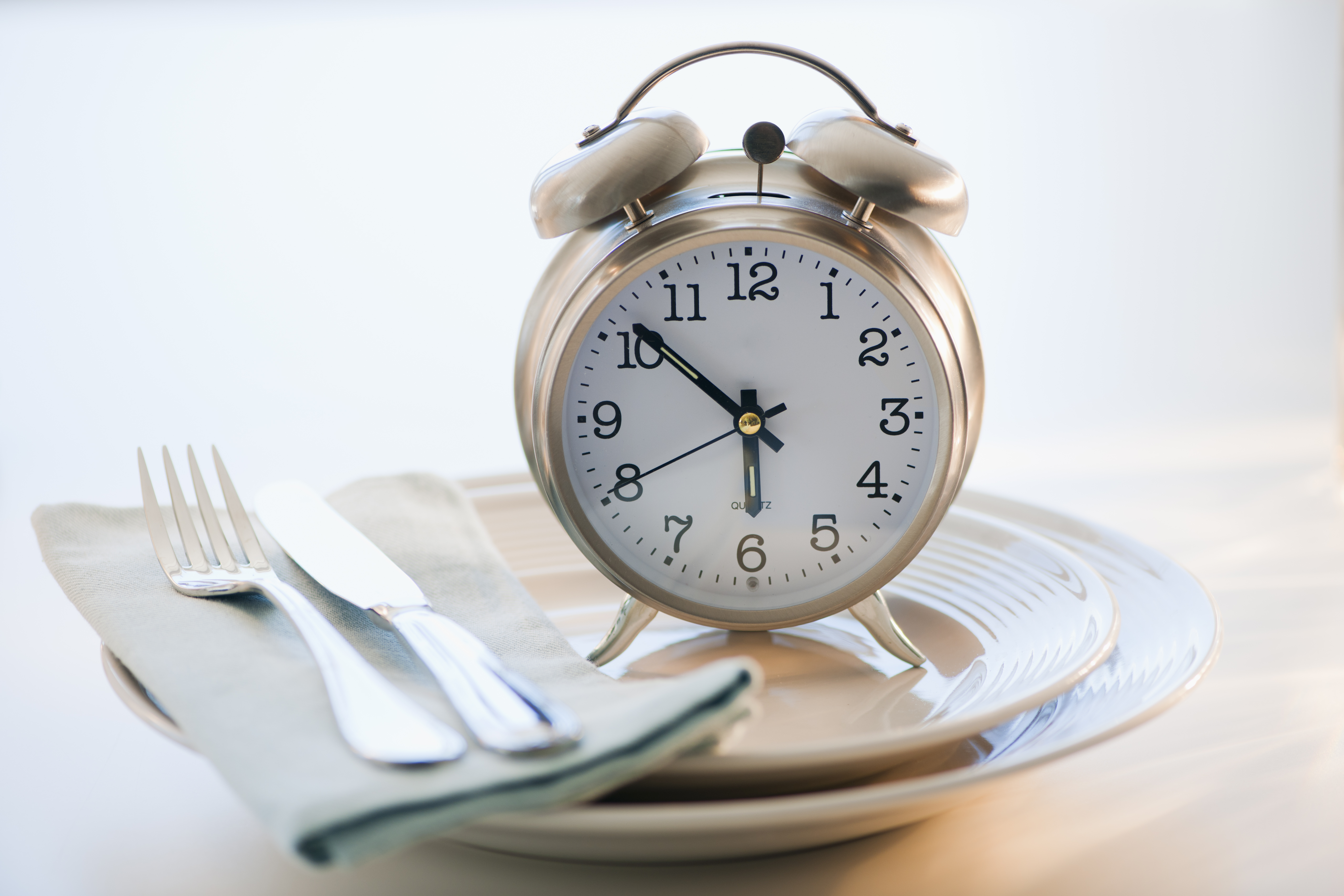
Woman working from home using a standing desk and walking pad.
Sitting too much may be linked to cardiovascular issues later in life regardless of how much you exercise, according to a study released Friday.
"There's a lot of research supporting the importance of physical activity," said Shaan Khurshid, a cardiac electrophysiologist at Massachusetts General Hospital and a co-senior author on the study. "In contrast, there's relatively little know about sedentary behavior, and because of that, the guidelines are not as specific about what we should be doing about sedentary behavior."
The study, published by the Journal of the American College of Cardiology, found that individuals who spend more than 10.6 hours per day in a sedentary state — defined as sitting, reclining or laying down — are 40% more likely to develop experience heart failure and 54% more likely to experience fatal cardiac events. The research also showed an increased likelihood of the development of heart attack and stroke, but to a lesser extent.
Researchers looked at data collected by a United Kingdom-based research center, UK Biobank, in which almost 90,000 individuals wore wrist-based activity trackers for a week. They then compared each individual's recorded sedentary behavior with future diagnoses of various cardiac diseases.
Get top local stories in Philly delivered to you every morning. Sign up for NBC Philadelphia's News Headlines newsletter.
The study also suggested that going for a run before work won't make up for sitting at your desk all day, Khurshid said.
Previous studies that focused on the importance of exercise recommend at least 150 minutes of moderate to vigorous physical activity per week. According to this new data, however, the consequences of excess sedentary behavior are independent of how much exercise an individual gets.
"Interestingly, we still saw those [negative] associations even among people who met those guideline-recommended levels of exercise," Khurshid said. "Among individuals that 150 minutes per week, we still saw substantially higher risks of [cardiovascular] death if they were also sedentary."
As a result, the researchers concluded that the best way to reduce the negative effects of sitting too much is by reducing the amount of time spent in a resting position.
According to Ezim Ajufo, a cardiology fellow at Brigham and Women's Hospital in Boston, Massachusetts, and the lead author on the study, excess sitting causes inflammation, changes in metabolism and abnormalities in muscle structure. Exercise not only reduces those negative consequences, but strengthens the heart as well.
"[Exercise] has this really interesting positive remodeling effect on the heart," Ajufo said. "It makes your heart more efficient in giving blood to the body."
Essentially, she said, consistent exercise teaches the heart to pump out more blood with each beat, decreasing the number of heartbeats needed to supply the body with a sufficient amount of blood for both functionality and recovery, and thus reducing the amount of work the heart needs to do.
Though the study did not focus on what kinds of exercise best mitigate the effects of sitting too much — a question Khurshid hopes researchers will answer in the near future — both he and Ajufo said it's clear that substituting the time spent sitting with minimal physical activity can go a long way toward increasing heart health.
"We found that, regardless of how [individuals] reallocated [sitting time], as long as they went from sedentary behavior to something else, they substantially lowered their risk of heart failure and [cardiovascular] death," Khurshid said. "Even if you could work in a couple days of the week where you're not above 10.6 [hours] when you used to be, that's likely beneficial."
In a world that requires many people to be at a desk and in front of a computer all day, finding the chance to move around can be difficult — even more so if your job is remote and doesn't require a commute. With that in mind, Khurshid and Ajufo suggest things like taking a walk while you're in a meeting, lightly using a treadmill or walking pad at your desk or even gardening.
But before one can accurately reduce time spent in a resting position, the amount of time spent sitting needs to be measured, Ajufo said. Popular wrist-worn activity trackers have helped measure movement, but the same technology doesn't exist — or at least, isn't nearly as accessible — for measuring sedentary behavior.
"The reason that a lot of us are better about taking steps and things like that is we can measure it now. You can see how you're doing, and it's almost a gamification of that lifestyle metric, Ajufo said. "We now need to have sitting time be measured in a more mainstream way, in the way that we measure steps and other things."
Though the study's large sample size was helpful in providing an accurate picture of the effects of sedentary behavior, it's important to note the questions that are left unanswered and the limitations of this particular data set, Khurshid said. A week is the standard metric used in similar wrist-based activity-monitoring studies, but future studies may want to consider using data collected over a longer period of time.
Ajufo also noted that the data is also only observational, meaning that while the researchers can draw conclusions, a more formal, controlled study is necessary to verify the link between sedentary behavior and heart disease.
Additionally, she said, because the data was collected in the United Kingdom, where the population is mostly white, it may not be representative of the more diverse population in the United States although it's likely generally applicable.
It's important to remember that there is a silver lining, Ajufo said. Getting real exercise outside of the minimal activity you can weave into your workday is still good, and if you know you sit too much, you're not doomed forever. Just get up and move.
"Folks that are wanting to implement these findings in their lives — just do something that isn't sitting," she said. "Whether it's jogging or something more vigorous, there is something you can do about it."




